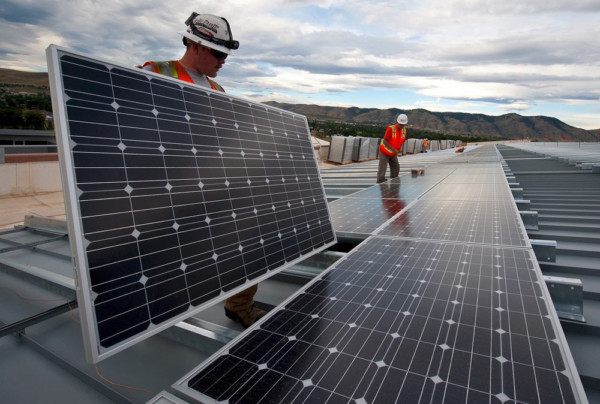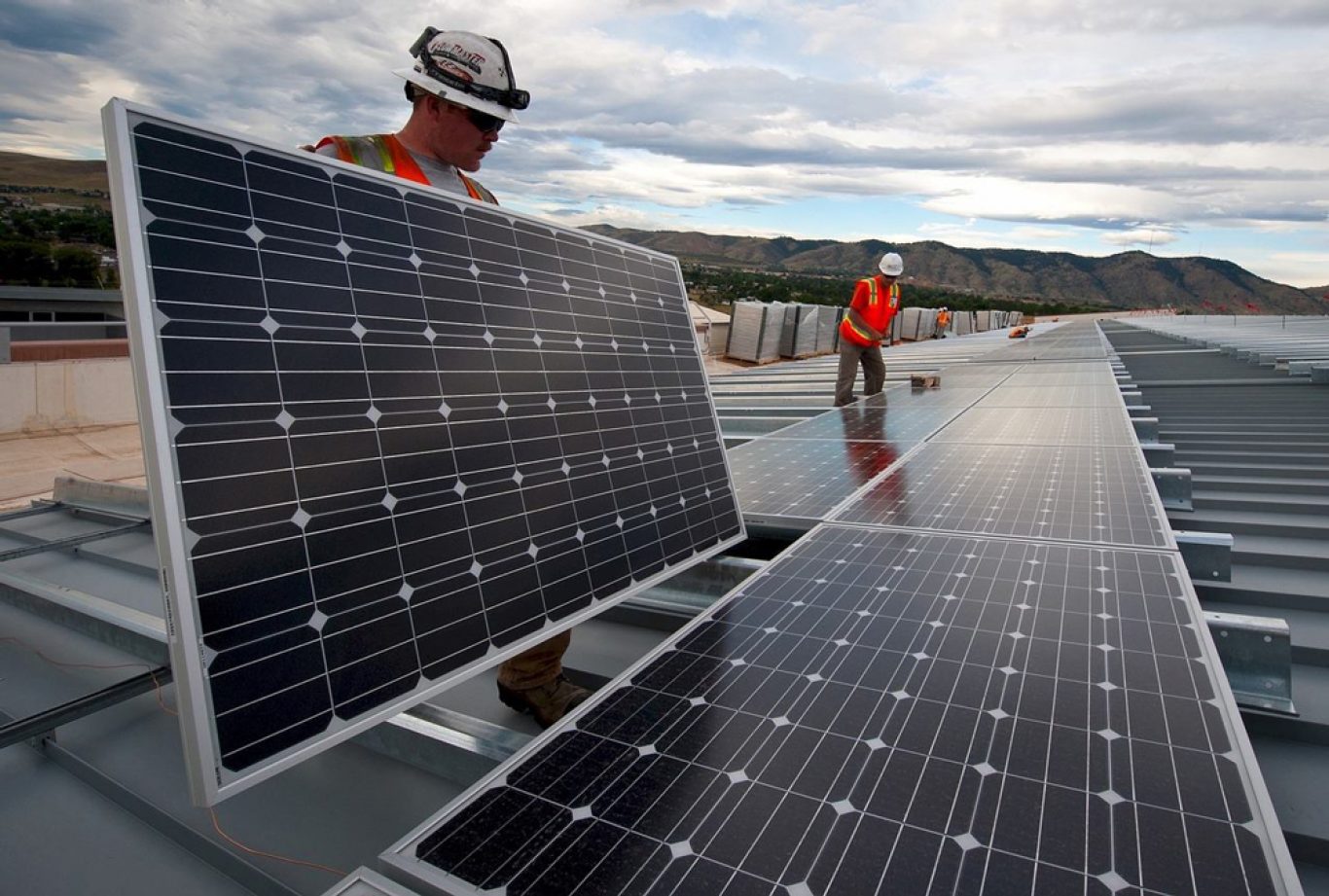Help lower utility bills and create new jobs
Help lower utility bills and create new jobs
Vote “yes” on Measure 26-201
October 1, 2018 – This November, Oregonians that care about ending hunger have a job to do—pass policies that support people experiencing hunger and defeat policies that do not. Oregon Food Bank has taken a stance on specific ballot measures in the November 2018 election because we believe they will directly impact the people our network serves. If you can vote, join us in voting on these critical measures. If you cannot vote, educate and encourage other people in your life to take action.
 Measure 26-201 Portland Clean Energy Fund – YES
Measure 26-201 Portland Clean Energy Fund – YES
Measure 26-201 would raise $30 million per year in Portland to weatherize homes, install rooftop solar panels, provide job training, increase local food production, and fund green infrastructure. Low income households and people of color will be first to receive benefits from the fund.
Oregon Food Bank supports Measure 26-201 because this fund would benefit many of the people who visit food pantries. In particular, there are three funding areas that have a strong nexus with our mission and speak specifically to issues raised by the people we serve.
People seeking food assistance tell us that one of the reasons they use pantries is because they—like a number of people in our country—lack the knowledge, skills, and resources to grow their own foods. Farmer training programs, community gardens and garden education classes are just a few ways to help low-income neighborhoods become resilient while contributing to the larger goal of increasing local food production in our state.
Higher wages and employment are also top issues for our clients. Job training, apprenticeships, and contractor support created by the Portland Clean Energy Fund will assist economically disadvantaged and traditionally underrepresented workers in the skilled workforce. This will help our low-income community members increase their job skills, earn a living wage, and be able to put food on the table to feed their families.
Weatherization of homes and local renewable energy will benefit the people we serve because so many live in houses or apartments without energy efficient or renewable infrastructure. This measure will put money into upgrading both residential and multifamily housing in Portland’s most vulnerable neighborhoods. Homes will be cooler in the summer and warmer in the winter and less money will be spent on utilities.
